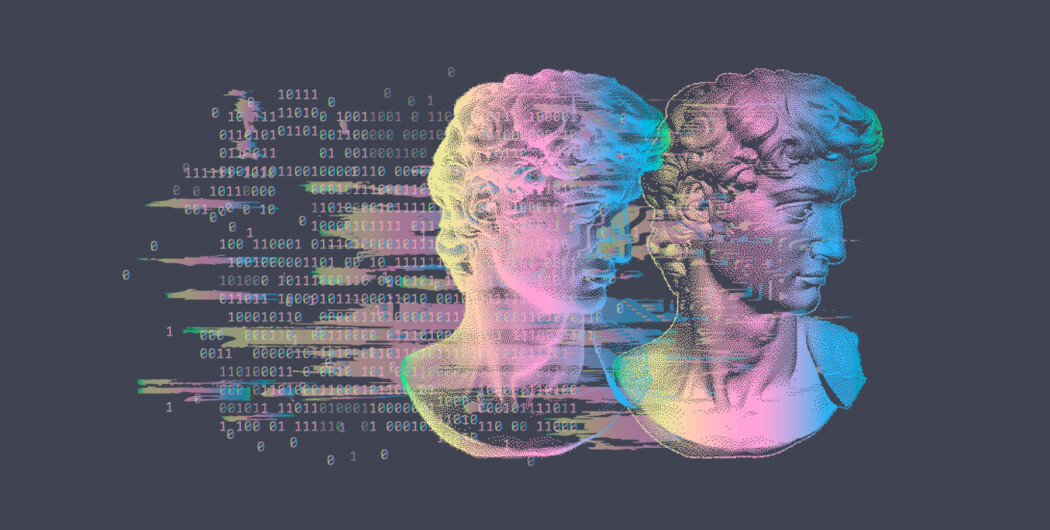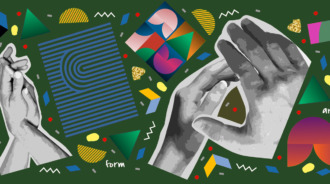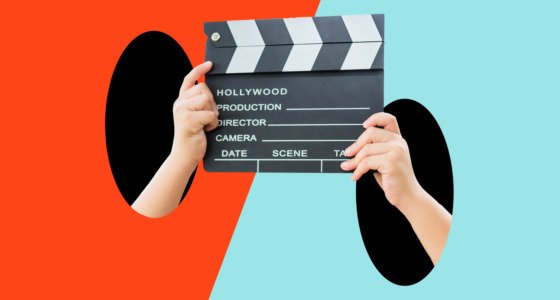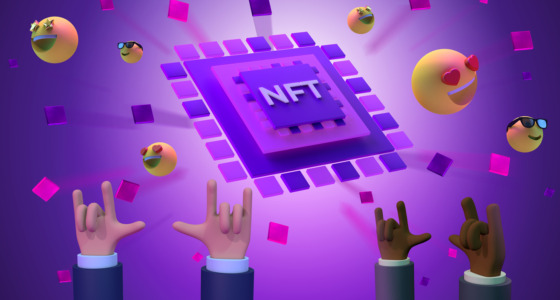

New technologies have always had an impact on the art world, from the invention of the printing press in the 15th century to the introduction of photography in the 19th century. Some even argue that the art world wouldn’t have Andy Warhol if it wasn’t for technology, as the rise of mass media and technological innovations had a profound impact on his work.
The rise of digital media in recent decades has only accelerated this trend. With each new technological advance, the art world has the opportunity to evolve and explore new forms of expression and cultural exchange. Here are some of these changes:
New forms of art creation
Digital media provided artists with new tools, techniques, and materials for creating and expressing their ideas, such as:
- Digital painting using software like Adobe Photoshop, Corel Painter, etc.
- 3D animation for dynamic and immersive experiences
- Code art using programming languages and algorithms
- Digital fabrication for physical objects that would be difficult or impossible to make by hand
Online marketplaces
Online marketplaces, such as Artsy and Saatchi Art, have made it easier for artists to showcase and sell their work to a global audience. And they have made it possible for collectors, curators, and art enthusiasts to discover and purchase art from anywhere in the world. Together, this has led to a democratization of the art world and made the space more accessible and inclusive.
Virtual exhibitions
With the rise of virtual and augmented reality technologies, museums and galleries are now able to offer virtual exhibitions that allow viewers to experience art in new and innovative ways. This allows people from all over the world to view and experience art without the need for physical travel.
Also, virtual exhibitions can offer interactive elements, such as 360-degree views and augmented reality, for a more realistic experience for viewers.

Digital preservation
Digital preservation ensures that art can be stored and preserved for future generations, even if the original physical artwork is lost or damaged. It also allows for more accurate documentation of artworks, including information about their history, provenance, and preservation status. And finally, it eliminates the need for traditional storage and conservation, making the practice more cost-effective.
Collaborative works
Digital media has made it possible to create collaborative works regardless of their location, as they can work together through online platforms. This means artists can work together more efficiently and speed up the process of creating art and displaying it to the public.
Also, collaborative works made possible by digital media often result in new and innovative forms of expression that might not have been possible with traditional methods.
What’s next for the art world and digital media?
“The greatest impact of digital media on independent publishers will be audience expectations. Audiences will expect everything to be available digitally and will require an engaging experience instead of a static one.”
As technology continues to advance, artists will likely find newer and more innovative ways to integrate technology into their work, blurring the lines between art and technology. Virtual and augmented reality technologies will likely continue to play a growing role in the art world. But ultimately, audiences will decide what changes and innovations should stay for the long term.
Sources:
Section 6: overall impact of technology on the arts, Pew Research Center
Art explained: How the internet changed the art world, CNN Style






